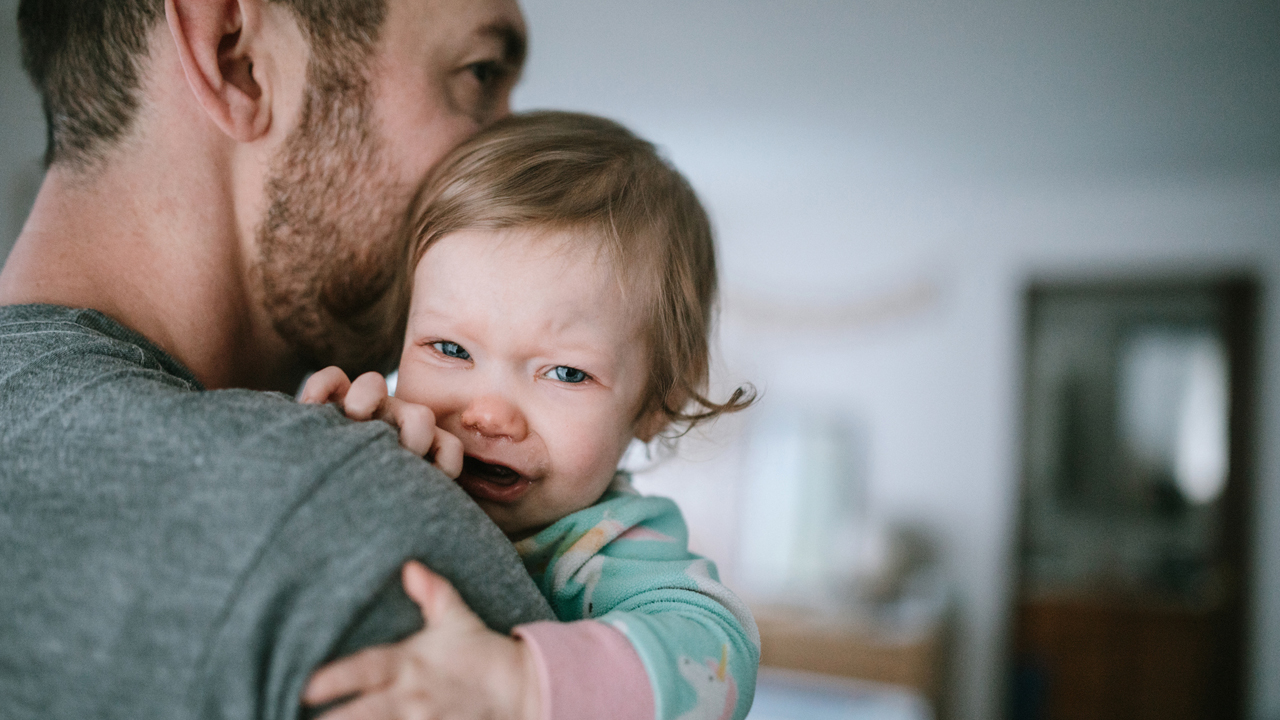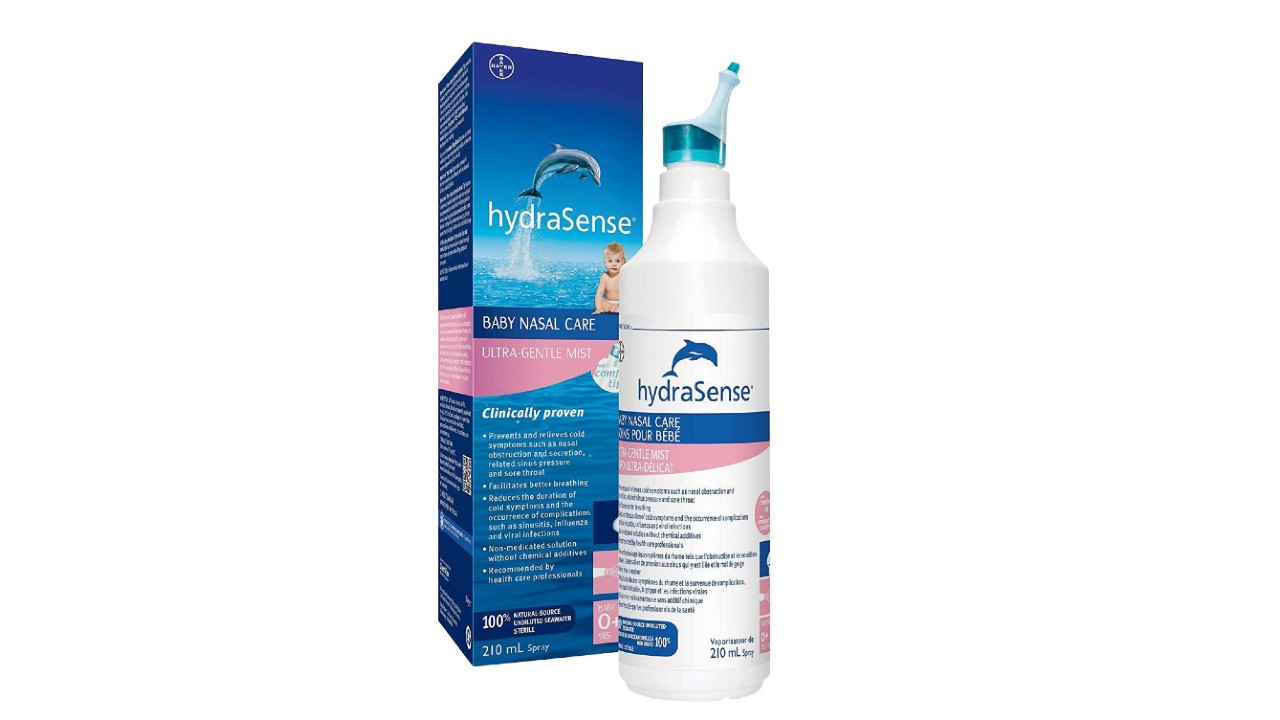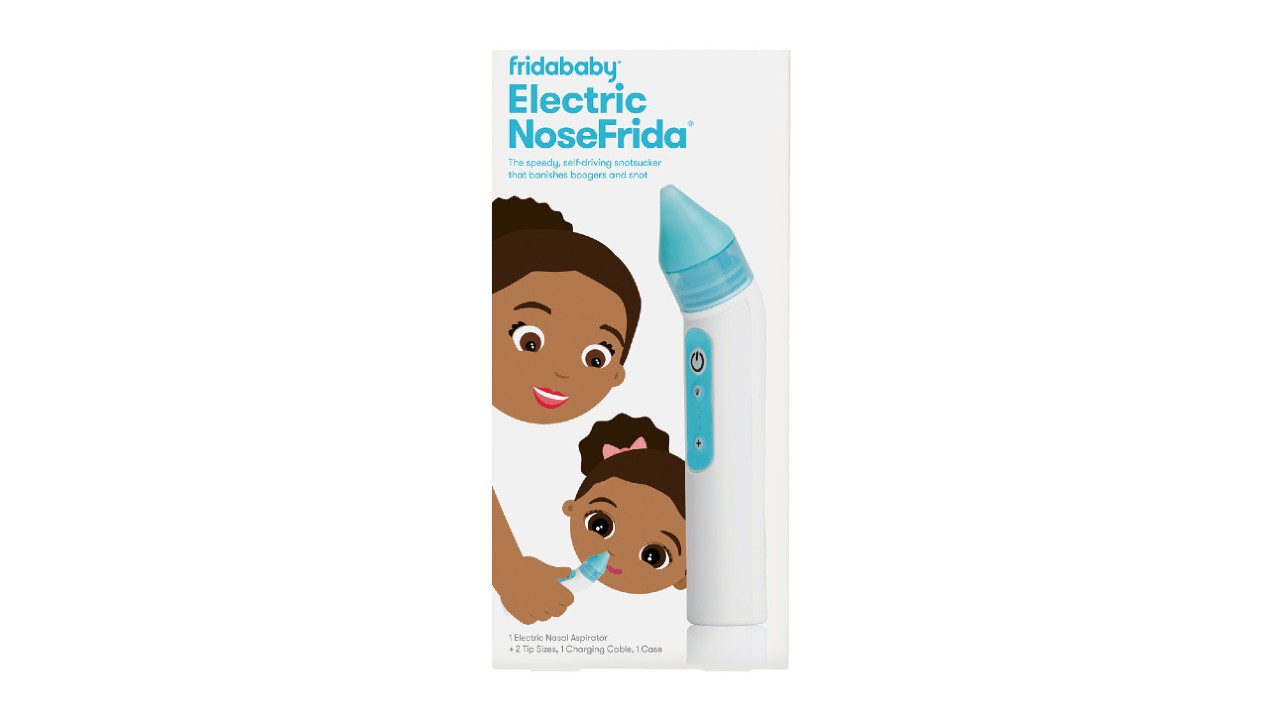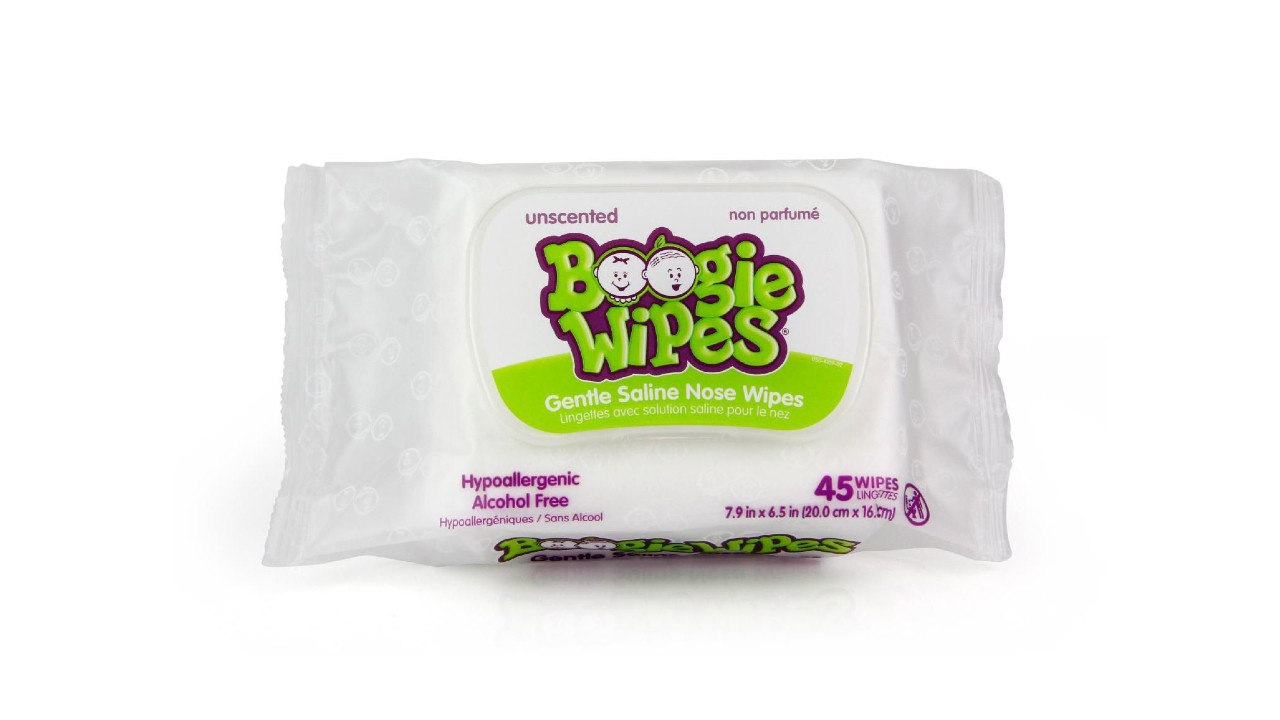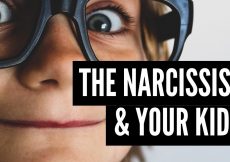No matter how careful you are, your baby will probably end up with a cold before their first birthday. Nothing can prepare you for that gunky nose, those red-rimmed eyes, that near-constant cough… It can break a parent’s heart.
Though colds aren’t usually serious, they’re no fun to get through, either. But there’s help! We’ve rounded up the best baby cold remedies to help weather these seasonal bumps in the road, plus the treatments you should use with caution or avoid altogether.
1. Steamy bathroom
Good for: Loosening up a stuffy nose and helping baby breathe more easily. Try it when your baby is uncomfortably congested.
How to do it: Turn the bathroom into a steam room by running the shower on hot for 10 to 15 minutes while holding your baby outside of the shower. Get as comfy as you can—you’ll probably end up sitting on the closed toilet seat. Grab a board book for entertainment.
Pro tip: This works well for nasal congestion. But if your baby has hoarseness, wheezing or a persistent cough, check in with a doctor to make sure you’re not dealing with a more serious respiratory infection.
Photo: HydraSense
2. Saline drops or mist
Good for: Helping to clear a stuffy nose if your baby is having trouble feeding or sleeping because they can’t breathe through their nose.
How to use: You can buy either saline drops or a spray in any drugstore or grocery store—the ones designed for babies will be easier to use. Squirt two or three drops of this up baby’s nose to soften and dilute the snot so they can breathe easier.
Pro tip: The drops tend to be gentler on babies than the spray, which can be quite forceful, but either will work.
Photo: FridaBaby
3. Snot sucker
Good for: Clearing out a stubbornly clogged nose when saline solution on its own doesn’t work.
How to use: Supporting baby’s head, insert two or three drops of saline in one nostril. If you’re using the suction type, squeeze the air out of the bulb of the sucker before placing the tip just inside your baby’s nose. Then let go and the suction should pull out most of the snot. Other snot suckers are designed for caregivers to suck the snot out with a tube.
Pro tip: While you can use saline as often as needed, you should suction only two to three times a day to avoid irritation.
4. Pain reliever
Good for: Making your baby more comfortable. It can also bring down a fever. (The Canadian Paediatric Society recommends that all babies under six months with a fever should be seen by a doctor.)
How to use: Check with your doctor before giving ibuprofen to babies under six months. For both ibuprofen and acetaminophen, follow directions carefully and use the included syringe to get an accurate dose. If your baby isn’t a fan of the squirt, you can add the meds to a small amount of formula or breastmilk or, for older babies, food like baby cereal or fruit purée.
Pro tip: Fevers can make babies fussy and uncomfortable and make it hard to sleep. Consider timing a dose so everyone can get some shut-eye at night.
5. Honey
Good for: Coating the throat and suppressing coughs in children over 12 months old.
How to use: Give your kid over one year old a teaspoon or two at bedtime to help calm their cough so they can get to sleep.
Pro tip: Honey is one of the few natural remedies that has been shown to work in studies. Choose unpasteurized honey for an extra antiviral boost.
Wait!: Never give honey to babies under 12 months old because it can cause infant botulism.
Photo: Boogie Wipes
6. Saline nose wipes
Good for: Breaking down dried, stuck-on boogers without irritation and wiping away dirt and germs no matter where you are.
How to do it: Open the lid and remove inner seal. Then gently use saline nose wipes for babies to break down dried, stuck-on boogers and wipe away dirt and germs on baby’s face, hands and body. Dispose of the wipe and close the lid tightly to retain moisture.
Pro tip: Though it may seem these wipes are only for runny noses, they’re great to have on-hand in the diaper bag for any kind of mess.
Products you should be cautious about
Vicks BabyRub: You may recall your mom rubbing Vicks VapoRub on your feet when you had a cold and be tempted to do the same with your baby, but there are a few things to keep in mind. First, the regular version of Vicks VapoRub contains camphor, which is extremely toxic if ingested. Keep this out of your little one’s reach or consider getting it out of your house altogether. Vicks BabyRub, on the other hand, doesn’t contain camphor—but it also doesn’t contain any other medicinal ingredients that can relieve congestion and isn’t marketed as a product for colds. However, there likely isn’t harm in using this on your baby if you follow the manufacturer’s directions. It’s not meant to be used on babies under three months.
Humidifier: Humidifiers add moisture to the air in your house, which can help keep snot and mucus from drying out and relieve congestion. However, the Canadian Paediatric Society doesn’t recommend parents use humidifiers—both hot and cool mist humidifiers can breed mould and bacteria if they are not washed thoroughly every day, and hot mist humidifiers can be a burn hazard for small children.
Avoid these products altogether
Cough medicine: This is not recommended for babies (or any kids under six). According to Health Canada, there is no evidence they’re effective, and they can cause harm when misused or overused. The same goes for natural cough medicines, because natural ingredients can still cause dangerous side effects and allergies. “There’s also no evidence that they work,” says paediatrician Dina Kulik, founder of KidCrew, a multidisciplinary health clinic in Toronto.
Homeopathic treatments and essential oils: There are many cold remedies on pharmacy and health store shelves labelled as homeopathic, but these, like other natural health products, are not as strictly regulated as pharmaceuticals. “There is no convincing evidence that they work, and they may pose a risk,” says Kulik. It’s better to avoid these altogether. Essential oils are another popular home remedy, but they can be toxic. C.J. Blennerhassett recommends against using them in a baby’s humidifier or anywhere near a baby because there are no studies to demonstrate their value or safety.
When to see a doctor
If you see these symptoms, your baby should be checked out by a pro right away:
1. Not drinking much or excessive vomiting or diarrhea. This can lead to dehydration, which can be dangerous.
2. Listlessness or a decreased level of alertness. If they aren’t responding like they usually do and they’re excessively sleepy, something might be wrong.
3. A fever above 38°C (100.4°F), taken rectally. Bring your baby over three months in if the fever isn’t brought down by pain relievers or lasts longer than three days. A baby under three months with any fever should be seen.
4. Constant crying. Baby shouldn’t be inconsolable.
5. Difficulty breathing. Don’t wait and see.



